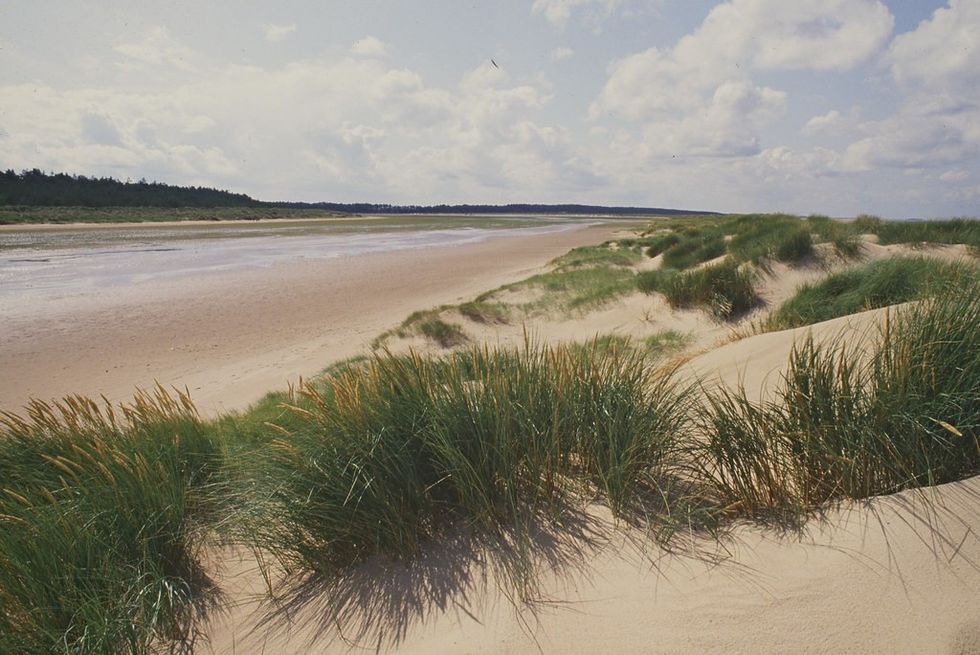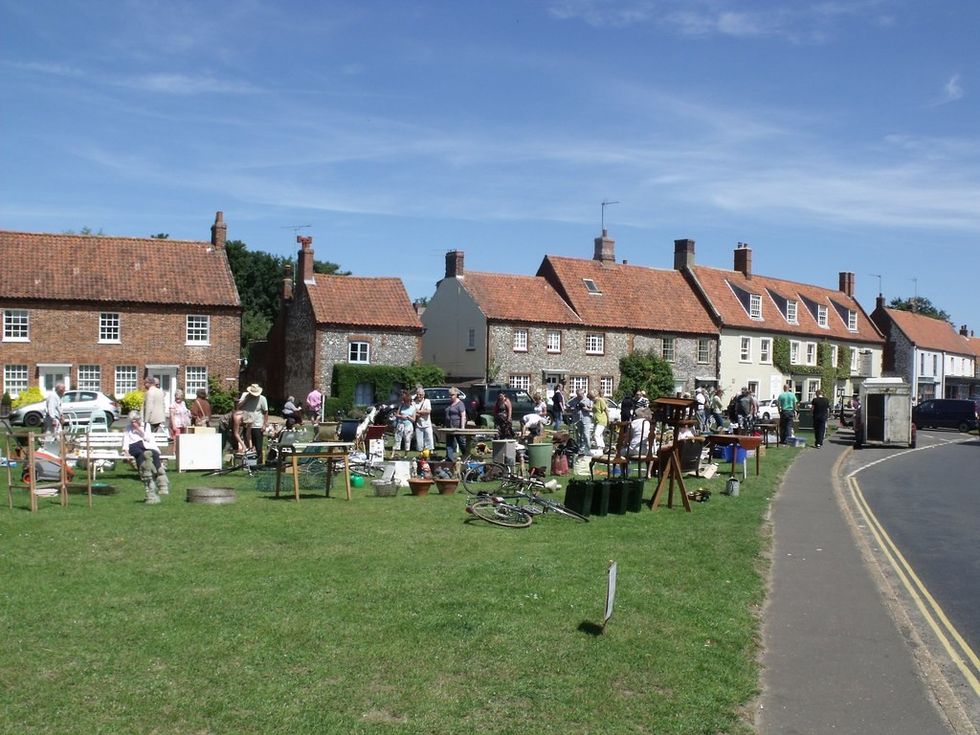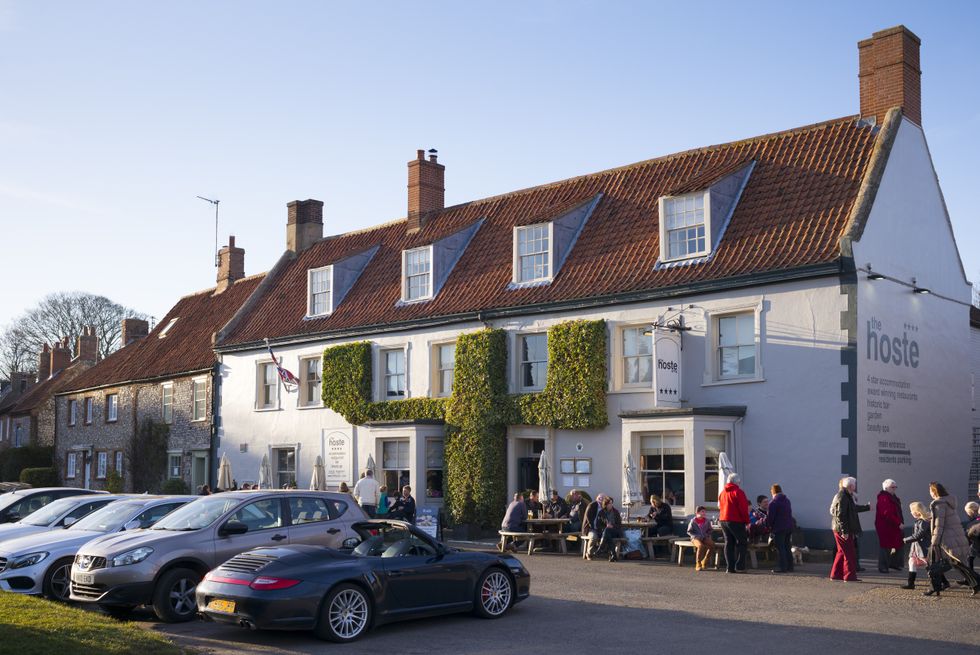
Burnham Market's average home now costs £1million
Getty Images
It has been nicknamed ‘Chelsea-on-Sea’ due to the number of Londoners that own property there
Don't Miss
Most Read
Trending on GB News
Residents in a picturesque seaside town in Norfolk have voted to ban people from buying second homes there after the influx of wealthy new homeowners caused property prices to soar.
Burnham Market has been nicknamed ‘Chelsea-on-Sea’ due to the number of Londoners that own property there.
The area, known for its stunning scenery and stretches of coastline, has seen house prices soar as wealthy non-locals purchase property there.
At time of writing, the average house price in the area is now £1million.
WATCH NOW: UK housing market in a state of flux
Locals have been left unable to afford homes in Burnham Market and many key workers now must commute to get into the popular seaside town.
When holidaymakers leave and return to their permanent residences, locals have complained that the town is “hollowed out” as homes are left empty for large periods of time.
Over 80 per cent of residents have voted in favour of the ban at a recent referendum.
The ban will prevent existing homes from being turned into holiday havens.
The proposed measures would put conditions on all new developments with any new builds having to be for those who wish to make the home their principal residence.
Dennis Clark, chairman of Burnham Market Parish Council, said he hoped the result of the referendum would help address the housing needs.
“We know we cannot change everything overnight, but we also know that the borough council now have to reflect the requirements of the villagers, which is quite important really, because many of the politicians have talked about 'we will let communities look after themselves and decide which way they are going', but they never really manage that.
“I do want to stress that all we are trying to do is get a balance. We don't want to discourage people from coming here, we certainly don't want to discourage visitors,” he added.
“But we want to encourage lower-cost housing so that the people who work here can live here. We need young people to be able to stay here to keep the village vibrant.”
It is estimated that one in four properties in Burnham Market is a second home.
LATEST DEVELOPMENTS:

The town is close to Holkham Bay
Flickr
Stephanie Worsley, 76, a resident said: “It's important for people to be able to buy locally so we can keep local families here.“
My children have all grown up and moved away. There are families who need to be able to buy their own houses to be able to live in the village.
“It's been a problem for a few years now. The prices have gone up because people who buy second homes can afford to pay for them.”
However, not all residents are in favour of banning second homes from being built.
Harvey Butler, 70, a builder, claimed the rich visitors were the lifeblood of the community.
“If there were no second homes there would be no village. There would be no petrol stations, no shops, no restaurants for people,' he said.
“There used to be jobs in agriculture and fishing here. But farmers who used to employ 20 people now only employ two and there's only one fisherman left. If there were no second homes there would be no jobs.

It is estimated that one in four properties in Burnham Market is a second home
Flickr
“This Neighbourhood plan won't stop the second homes. People will just buy a new house in the name of a company. There's ways around it.”
The now-approved proposals will become part of the village’s neighbourhood plan which will be used by West Norfolk Council when determining the outcome of planning applications.
The divide between wealthy non-local homeowners and residents is not just limited to the UK.
In France, one British expat shared his experience of moving abroad, commenting on the "divide" between the locals and the expats.

The new plans will be used going forward in assessing planning permission application
Getty
Graham, who relocated to the Dordogne in southern France said: “There is a little divide between the British and the French,” he said.
“There is something going on there, I think.
“Since Brexit you've got the British coming over with their money and buying up all these old houses and renovating them.
“A lot of the French couldn't afford what we've bought and I think that's where the divide comes in.”








